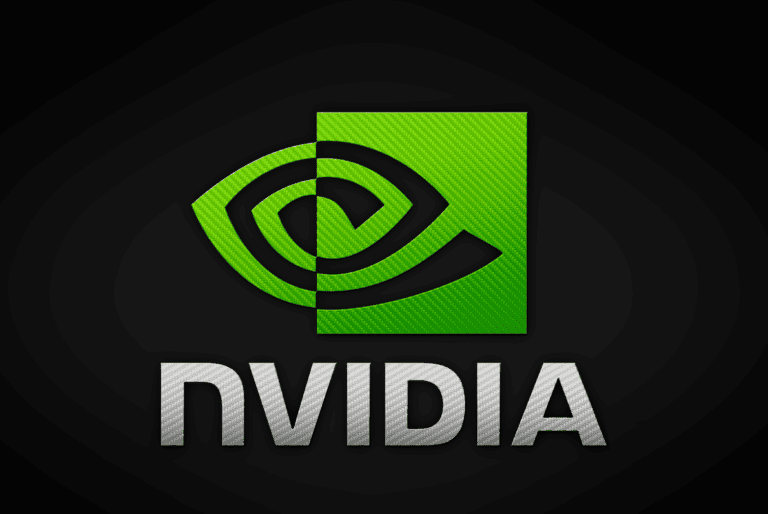German supercomputer company ParTec AG has stepped up its legal battle against Nvidia with a third patent infringement lawsuit.
The case has been filed with the Unified Patent Court in Munich and specifically targets Nvidia’s DGX supercomputers. These systems are an important part of AI infrastructure used in healthcare, the automotive industry, and the financial sector, among others.
According to ParTec, the conflict revolves around a patent on its proprietary dynamic Modular System Architecture (dMSA). This technology enables different types of microprocessors, such as CPUs and GPUs, to work together in real time and distribute computing loads, even during ongoing calculations. The architecture plays a crucial role in AI supercomputers, where efficient cooperation between processors is necessary for processing large amounts of data.
The dMSA technology is already used in some of Europe’s largest supercomputers and is considered an important building block for the next generation of AI systems. ParTec says it entered into discussions with Nvidia in 2019 about possible collaboration and shared information about its patented ParaStation software and dMSA. Although Nvidia declined to jointly develop GPUs, the two parties continued to work together for some time on projects in which Nvidia supplied GPUs.
However, since ParTec has filed several lawsuits, including a prominent case against Microsoft in Texas, Nvidia has halted talks on future deliveries for European supercomputer projects. In the current case, ParTec wants Nvidia to stop selling DGX systems in 18 European countries where the company has patent protection. ParTec is also demanding access to sales data and compensation.
Dependence on US tech companies
According to ParTec’s management, the issue is not just a legal dispute, but also a symptom of a broader dependence of European AI projects on US technology companies. The company fears that this dominance could weaken Europe’s competitiveness in the high-tech sector.
The outcome of the lawsuit could have significant implications for the AI hardware market, writes Tom’s Hardware. If ParTec wins, it could force Nvidia to redesign its AI systems for the European market or enter into licensing agreements. This could change the competitive landscape in the sector.
ParTec acknowledges that it faces financial challenges, but emphasizes that it will continue its efforts to develop European supercomputing capabilities, including projects in AI and quantum computing. The company sees defending the dMSA patent as a means of securing revenue and promoting broader adoption of its modular computing technology.
